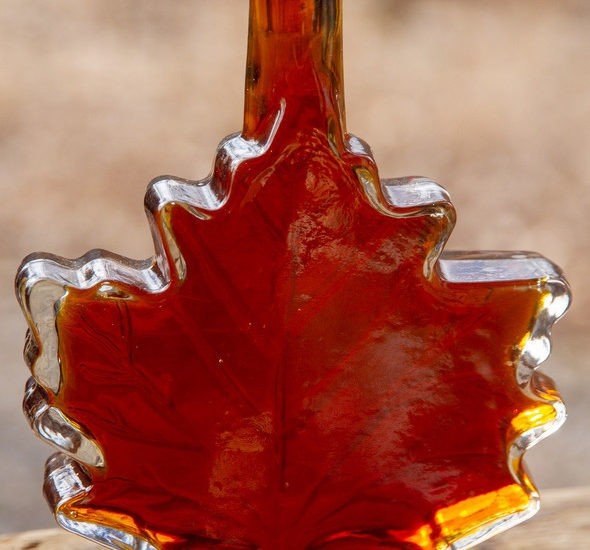
Richmond, VA, September 17, 2018 – Nestled at the bottom of Clark Mountain and along the Rapidan River in Orange County, Glenmary Farm sits on some of the best agricultural soils in Virginia. Its rich farming history dates back to the eighteenth century.
The Nixon family purchased the property in 1980, and the farm has since become an award-winning  cattle, turkey and grain operation.
cattle, turkey and grain operation.

This summer, in an effort to preserve the prime farmland and help ensure continued operations, the Nixons chose to permanently protect 382 acres of their land through a conservation easement with the Piedmont Environmental Council, Culpeper Soil and Water Conservation District and USDA’s Natural Resources Conservation Service.
“We want our kids to be able to farm and provide for future generations. And that’s kind of the whole goal of this,” said Tom Nixon, who owns and operates Glenmary Farm with his wife Kim. “Both of our children have developed a strong passion for working on our farm and for today’s agricultural industry.”
With complementary interests, their daughter Elizabeth, a 2016 Oklahoma State graduate, helps manage the cowherd and handles communications, and their son Robert, a 2017 University of Northwestern Ohio graduate, focuses on crop work and mechanics.
“We look at all the different farms in the area and in other places — families we know — and many are struggling to survive in agriculture,” said Tom.
“The older I get the more I hate to see farmland being lost,” added Kim.
The Nixons were unable to rely solely on the Virginia Conservation Tax Credits associated with donated conservation easements, so they pursued a different option.
In a unique approach to private lands protection, PEC partnered with NRCS and the Culpeper SWCD to help the Nixon family leverage funding from the federal Agricultural Conservation Easement Program and the state Virginia Land Conservation Foundation program to make long-term preservation and stewardship of the farm possible.
“This model is one that farmers and other landowners can use to access federal and state funding opportunities in an effective way,” said Chris Miller, PEC President.
With the Agricultural Land Easement component of the Agricultural Conservation Easement Program, NRCS works through conservation groups like PEC to protect prime and important farmlands.
“Virginia NRCS has been a leader in protecting the state’s productive farmland and wetlands for the past 25 years,” said Jack Bricker, State Conservationist. “Working with land trust groups and private landowners, our experienced team of easement specialists has helped protect more than 14,300 acres in 139 easements. The Glenmary Farm easement has special significance due to its high percentage of productive farmland, riparian protection, and wildlife habitat.”
Approximately 45 percent of the Glenmary Farm property in Rapidan has prime statewide significant soils, 260 acres of which are open fields used for hay production, row crops and pasture. Another 90 acres are working forest for sustainable timber production. The property also has over a mile of land that borders the Rapidan River, a tributary to the Rappahannock River.
Recognized as good stewards of the land, the Nixons have implemented best management practices such as installing riparian buffers and efficiently managing agricultural inputs. Using the latest GPS technology, they tailor applications of herbicides and fertilizers to minimize over application and run-off, which is also cost-effective for their operation.
As a result, Glenmary Farm has received numerous awards, including “Virginia Farmer of the Year,” “Family Farm Environmental Excellence” and “Virginia Commercial Producer of the Year.”
“In an area with increasing pressure to convert farmland into development, programs like ACEP help protect valuable resources such as Glenmary Farm, which is an investment in food production, sustainable practices and water quality,” said Miller.

